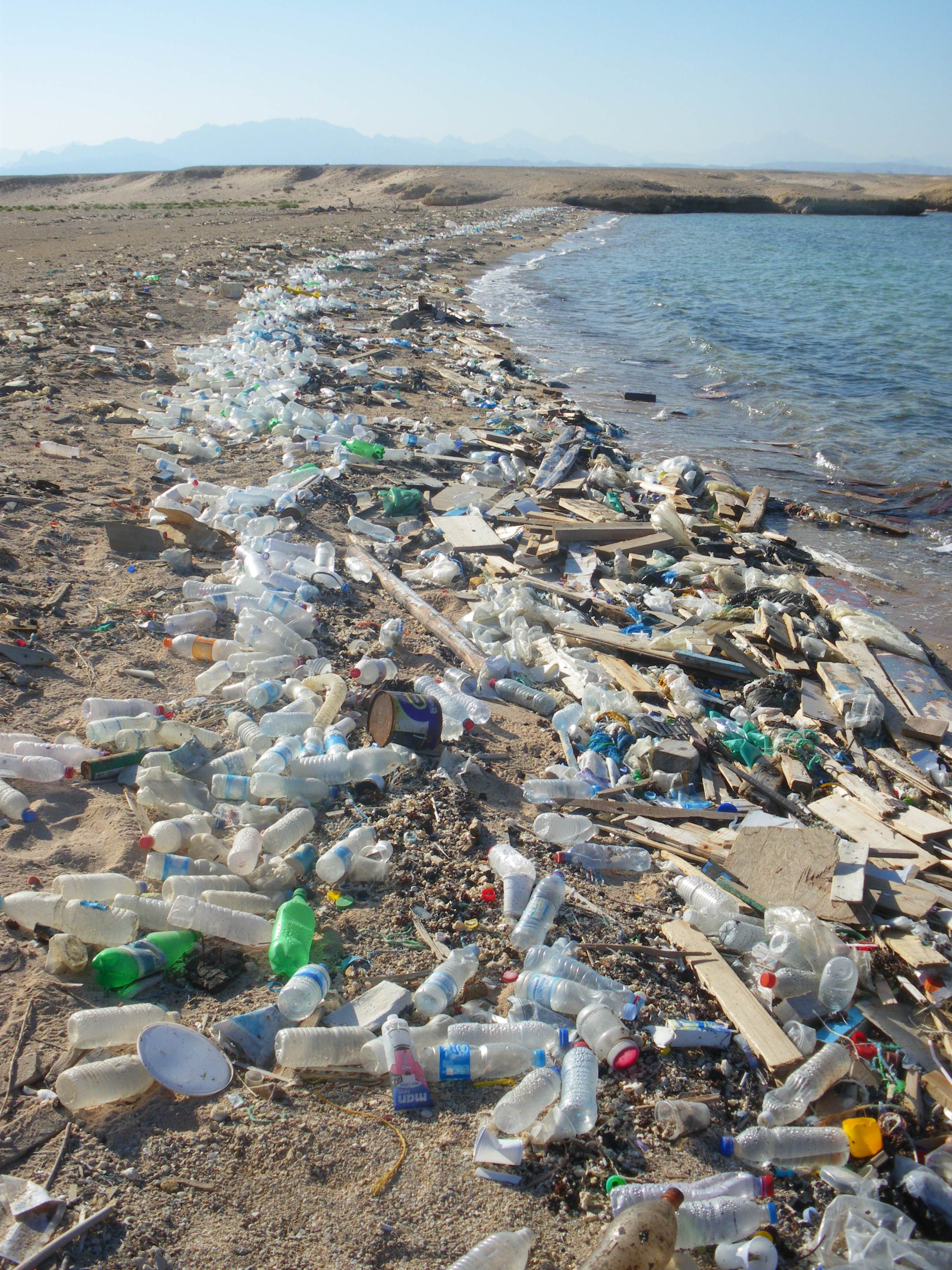What to know about the plastic pollution treaty talks in South Korea
via APNews
A last round of negotiations on a legally binding treaty to address the global scourge of plastic pollution has opened in Busan, South Korea. Here’s what to know about it:
Nations are deciding what actions they’ll take
National delegations still have a lot to hammer out before there is a treaty. Most contentious is whether there will be a limit on the amount of plastic that companies are allowed to produce.
Read the full story here: https://apnews.com/article/plastic-pollution-treaty-negotiations-united-nations-south-korea-870c2dce64527f9de2ff91e423b48aba




















You must be logged in to post a comment.